February 2 stands as one of history’s most eventful days, witnessing the rise and fall of empires, groundbreaking discoveries, and moments that shaped our modern world across centuries of human achievement.
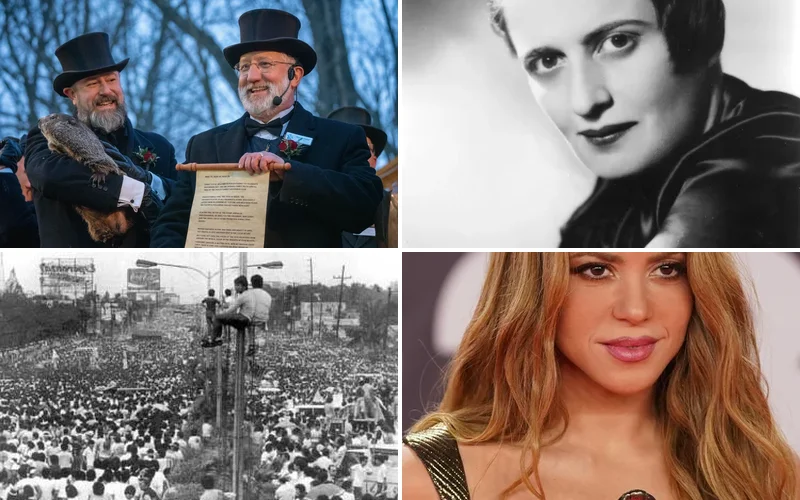
Politics and Government Events on February 2
1920 – Tartu Peace Treaty Signed Between Estonia and Russia

The newly independent Republic of Estonia secured its sovereignty through diplomatic negotiations with Soviet Russia. The treaty formally recognized Estonia’s independence and established crucial border demarcations between the two nations.
Estonian diplomats successfully negotiated territorial concessions that would define their nation’s boundaries for decades. This landmark agreement provided the legal foundation for Estonia’s place among European nations during the interwar period.
1971 – Idi Amin Seizes Power in Uganda
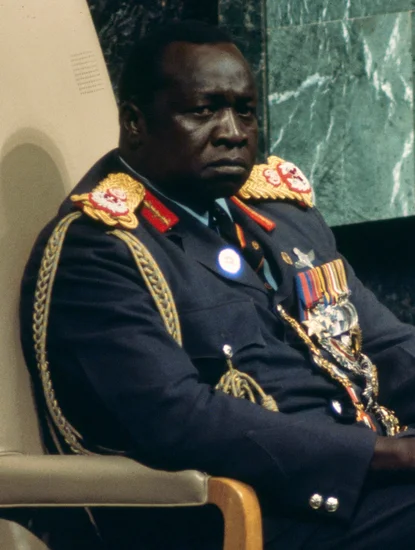
Military commander Idi Amin orchestrated a successful coup against President Milton Obote while the leader traveled abroad. The takeover marked the beginning of one of Africa’s most notorious dictatorships.
Amin’s rise to power would unleash years of brutal oppression and economic chaos across Uganda. His regime’s human rights violations eventually made him an international pariah and destabilized the entire East African region.
1990 – F.W. de Klerk Announces ANC Unbanning
South African President F.W. de Klerk delivered a historic parliamentary speech that fundamentally transformed the nation’s political landscape. His announcement promised the release of Nelson Mandela and lifted the ban on the African National Congress.
The speech marked apartheid’s beginning of the end and opened negotiations for democratic transition. De Klerk’s bold political gamble would ultimately lead to South Africa’s first multiracial elections and peaceful power transfer.
2021 – Myanmar Military Coup Establishes Junta
The Burmese military seized control of the democratically elected government and established the State Administration Council. Armed forces detained civilian leaders and declared a state of emergency across the nation.
The coup effectively ended Myanmar’s decade-long experiment with democratic governance and civilian rule. International condemnation followed swiftly as the military junta suspended constitutional rights and imposed authoritarian control.
2005 – Canada Introduces Civil Marriage Act
The Canadian government proposed groundbreaking legislation to legalize same-sex marriage nationwide. This progressive move positioned Canada among the first countries to grant full marriage equality through federal law.
The legislation faced significant political opposition but ultimately passed and became law in July 2005. Canada’s marriage equality law influenced similar movements across North America and established important legal precedents for LGBTQ+ rights.
Military and Naval History on February 2
1943 – Battle of Stalingrad Concludes
Soviet forces accepted the surrender of the last organized German troops in the devastated city of Stalingrad. This decisive victory marked the turning point of World War II’s Eastern Front and Germany’s first major defeat.
The battle’s conclusion shattered the myth of German military invincibility and began the Wehrmacht’s long retreat westward. Over 200,000 German casualties demonstrated the true cost of Hitler’s failed offensive against the Soviet Union.
1942 – Anti-Nazi Resistance Begins in Norway
The Osvald Group executed the first organized act of resistance against Nazi occupation forces in Norway. Their protest against Vidkun Quisling’s puppet government inauguration marked the beginning of sustained Norwegian resistance activities.
This courageous act inspired other resistance cells throughout occupied Norway and demonstrated that collaboration governments lacked popular support. The group’s actions helped establish networks that would conduct sabotage operations throughout the war.
1989 – Last Soviet Forces Leave Kabul
The final Soviet armoured column withdrew from Afghanistan’s capital city, ending nearly a decade of military occupation. This retreat marked the conclusion of the Soviet Union’s disastrous military intervention in Afghanistan.
The withdrawal symbolized the Soviet military’s first major defeat since World War II and contributed to the USSR’s eventual collapse. Afghanistan’s mujahideen fighters had successfully resisted a superpower through guerrilla warfare and international support.
1982 – Syrian Government Attacks Hama

Syrian military forces launched a brutal assault against the city of Hama to suppress an armed uprising. The government’s overwhelming response demonstrated the regime’s willingness to use extreme violence against domestic opposition.
The attack resulted in thousands of civilian casualties and established a pattern of government brutality that would persist for decades. This massacre became a defining moment in modern Syrian history and foreshadowed future conflicts.
Science and Discovery Milestones on February 2
1935 – First Polygraph Evidence Admitted in Court
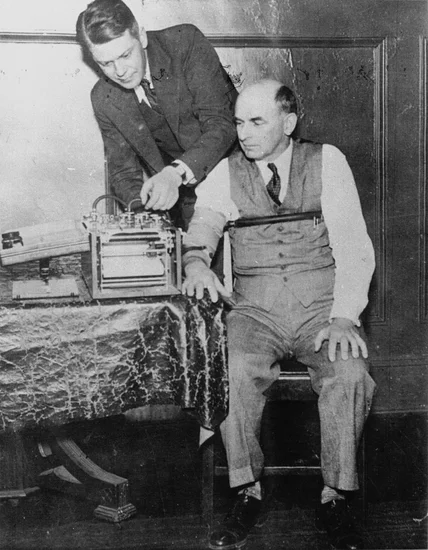
Leonarde Keeler administered polygraph tests to two murder suspects, marking the first time such evidence was permitted in American courts. This groundbreaking moment established lie detector technology’s role in criminal investigations.
The precedent sparked ongoing debates about the reliability and ethics of polygraph testing in legal proceedings. Keeler’s innovation influenced law enforcement practices and raised important questions about scientific evidence in courtrooms.
1959 – Mysterious Deaths in Ural Mountains

Nine experienced ski hikers died under unexplained circumstances in the northern Ural Mountains of the Soviet Union. The incident, later known as the Dyatlov Pass Incident, became one of the most puzzling mysteries in modern history.
Investigators found the hikers’ tent cut open from the inside and their bodies scattered across the snowy landscape. Despite numerous theories ranging from avalanches to military tests, the true cause of their deaths remains hotly debated.
1971 – Ramsar Convention Signed
The international Ramsar Convention for wetlands conservation was signed in Ramsar, Iran, establishing the world’s first global environmental treaty. This landmark agreement created frameworks for protecting crucial wetland ecosystems worldwide.
The convention recognized wetlands’ vital importance for biodiversity conservation and sustainable development. Its implementation helped establish protected areas that preserve critical habitats for migratory birds and endangered species.
2000 – First Digital Cinema Projection in Europe
Philippe Binant achieved the first digital cinema projection in Europe using DLP CINEMA technology developed by Texas Instruments. This technological breakthrough revolutionized the film industry and changed how movies were distributed and displayed.
The Paris demonstration proved that digital projection could match traditional film quality while offering superior flexibility and cost efficiency. This innovation launched the global transition from analog to digital cinema systems.
Cultural and Arts Events on February 2
1922 – Ulysses Published by James Joyce
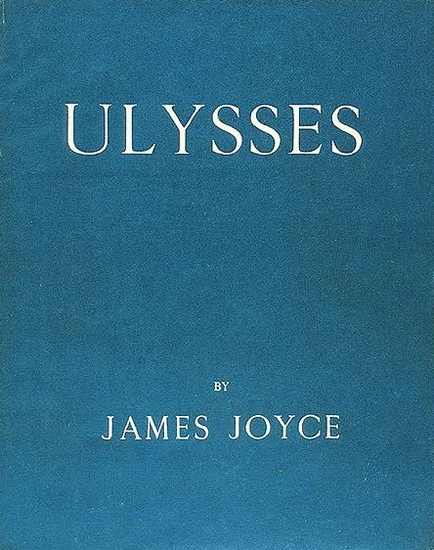
James Joyce’s groundbreaking novel “Ulysses” was published, revolutionizing modern literature with its experimental narrative techniques and stream-of-consciousness style. The book challenged traditional storytelling conventions and established Joyce as a literary innovator.
The novel’s publication sparked controversy and censorship battles across multiple countries due to its explicit content and unconventional structure. “Ulysses” became a cornerstone of modernist literature and influenced countless writers and artists worldwide.
1909 – Paris Film Congress Opens
European film producers convened in Paris to establish an industry organization equivalent to America’s Motion Picture Patents Company cartel. This congress represented early attempts to create international cooperation in the rapidly growing film industry.
The gathering demonstrated cinema’s emergence as a global commercial enterprise requiring international coordination and standardization. European producers sought to compete with American dominance and establish their own distribution networks and production standards.
1901 – Funeral of Queen Victoria
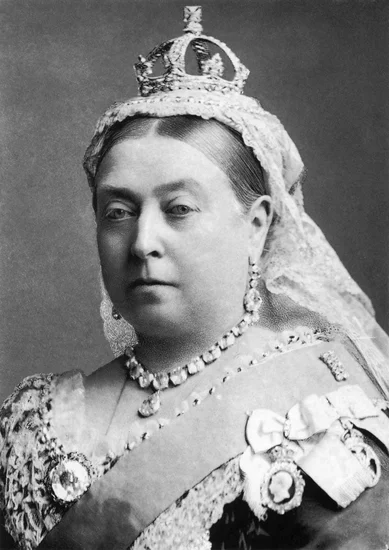
Britain and its empire mourned the death of Queen Victoria in elaborate funeral ceremonies that marked the end of the Victorian era. The event attracted representatives from across the British Empire and European royalty.
The funeral’s pageantry demonstrated the monarchy’s continued importance in British society and imperial identity. Victoria’s death symbolized the transition from the 19th century’s stability to the 20th century’s rapid changes and global conflicts.
Religious and Social Events on February 2
1987 – Philippines Enacts New Constitution
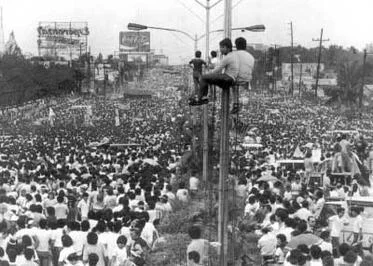
Following the People Power Revolution, the Philippines adopted a new constitution that restored democratic governance and civil liberties. The document replaced the previous constitution imposed during Ferdinand Marcos’s authoritarian rule.
The new constitution established checks and balances, protected human rights, and created mechanisms to prevent future dictatorships. This democratic restoration inspired similar movements across Southeast Asia and demonstrated peaceful revolution’s potential for political change.
1966 – Pakistan Proposes Kashmir Agenda
Pakistan suggested a six-point agenda for resolving the Kashmir dispute following the 1965 Indo-Pakistani War. This diplomatic initiative represented attempts to find peaceful solutions to one of South Asia’s most persistent conflicts.
The proposal addressed territorial claims, refugee issues, and regional security concerns that had plagued Indo-Pakistani relations since partition. Despite these efforts, the Kashmir dispute remained unresolved and continued to generate regional tensions.
1980 – FBI Abscam Operation Revealed
Reports surfaced about the FBI’s undercover operation targeting allegedly corrupt members of Congress through elaborate bribery schemes. The investigation used hidden cameras and fake business deals to expose political corruption.
The operation resulted in numerous convictions and significantly damaged public trust in government institutions. Abscam demonstrated law enforcement’s willingness to investigate high-level corruption while raising questions about entrapment and investigative ethics.
Business and Economic Events on February 2
1934 – Export-Import Bank Incorporated
The United States government established the Export-Import Bank to facilitate international trade and economic development. This institution provided crucial financing for American businesses seeking to expand into global markets.
The bank’s creation reflected growing recognition of international trade’s importance for economic recovery during the Great Depression. Its establishment helped American companies compete internationally and strengthened diplomatic relationships through economic cooperation.
1925 – Serum Run to Nome Completed
Dog sled teams successfully delivered diphtheria serum to Nome, Alaska, completing a heroic relay across frozen wilderness. This life-saving mission prevented a potential epidemic and demonstrated human determination in extreme conditions.
The dramatic rescue inspired the annual Iditarod race and became a legendary tale of courage and endurance. The event highlighted Alaska’s isolation and the challenges of providing essential services in remote locations.
2012 – Ferry Disaster in Papua New Guinea
The ferry MV Rabaul Queen sank off Papua New Guinea’s coast near Finschhafen District, resulting in an estimated 146-165 deaths. This maritime tragedy highlighted safety concerns in regional transportation systems.
The disaster exposed inadequate safety regulations and emergency response capabilities in developing nations’ transportation networks. The incident prompted calls for improved maritime safety standards and better emergency preparedness.
Transportation and Infrastructure on February 2
1913 – Grand Central Terminal Opens

New York City’s magnificent Grand Central Terminal opened to the public, establishing a new standard for railway architecture and urban transportation. The terminal’s innovative design combined functionality with architectural grandeur.
The facility revolutionized rail travel with its efficient layout, modern amenities, and stunning interior spaces. Grand Central became an iconic symbol of American transportation infrastructure and urban development during the early 20th century.
1998 – Cebu Pacific Flight 387 Crashes

Cebu Pacific Flight 387 crashed into Mount Sumagaya in the Philippines, killing all 104 people aboard. The aviation disaster highlighted safety concerns in rapidly expanding Asian airline industries.
The crash prompted investigations into pilot training, aircraft maintenance, and safety protocols in developing countries’ aviation sectors. This tragedy underscored the need for international safety standards and oversight in global aviation.
1922 – Finnish “Pork Mutiny” Begins
An uprising known as the “pork mutiny” started in the remote region between Kuolajärvi and Savukoski in Finland. The rebellion emerged from disputes over food supplies and local governance in the sparsely populated northern territories.
The incident reflected tensions between central government authority and local communities in Finland’s remote regions. The mutiny highlighted challenges of governing dispersed populations and maintaining order in isolated areas.
Sports and Recreation on February 2
1954 – First NHL Outdoor Game
The Detroit Red Wings played in the first outdoor hockey game by any NHL team, facing the Marquette Branch Prison Pirates in an exhibition match. This historic game pioneered outdoor hockey’s appeal decades before it became popular.
The unique venue and opponent created an unusual spectacle that demonstrated hockey’s adaptability to different environments. The game’s success helped establish outdoor hockey as a viable entertainment option for professional teams.
2004 – Roger Federer Becomes World Number One

Swiss tennis player Roger Federer achieved the number one ranking in men’s singles, beginning a record-breaking 237-week reign at the top. His ascension marked the beginning of one of tennis history’s most dominant periods.
Federer’s rise to the top ranking launched an era of unprecedented excellence and global popularity for tennis. His elegant playing style and consistent victories elevated the sport’s profile and inspired a new generation of players.
2007 – Fatal Violence at Italian Football Match

Police officer Filippo Raciti was killed during violent clashes at the Sicily derby between Catania and Palermo. This tragic incident led to comprehensive reforms in Italian football stadium regulations and security procedures.
The officer’s death shocked the football world and prompted immediate action to address fan violence and inadequate security measures. Italian authorities implemented stricter crowd control measures and enhanced safety protocols at sporting events.
Notable Births on February 2
1905 – Ayn Rand, Russian-American Novelist

Ayn Rand was born in Russia and would later become one of America’s most influential and controversial philosophers. Her childhood experiences during the Russian Revolution shaped her lifelong opposition to collectivism and government control.
Rand developed the philosophy of Objectivism and wrote bestselling novels including “The Fountainhead” and “Atlas Shrugged.” Her ideas about individualism and capitalism influenced American conservative thought and continue to spark debate decades after her death.
1901 – Jascha Heifetz, Lithuanian-American Violinist
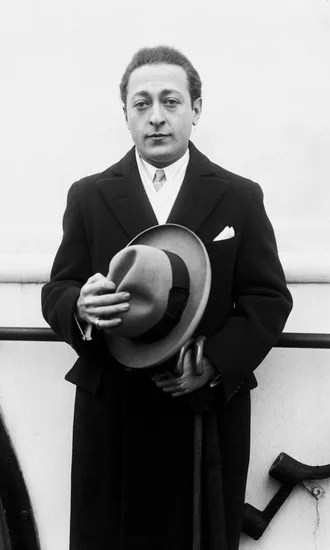
Jascha Heifetz entered the world in Lithuania and would become history’s most celebrated violin virtuoso. His prodigious talent emerged early, leading to professional performances as a child prodigy.
Heifetz revolutionized violin technique and set new standards for musical excellence through his precise intonation and expressive interpretations. His recordings and performances influenced generations of musicians and established him as the definitive classical violinist.
1926 – Valéry Giscard d’Estaing, French President

Valéry Giscard d’Estaing was born into a prominent French family and pursued a career in politics and public service. His early education in prestigious institutions prepared him for leadership roles in French government.
Giscard d’Estaing served as France’s 20th President from 1974 to 1981, modernizing French society and strengthening European integration. His presidency marked significant social reforms and helped establish France’s role in the developing European Union.
1977 – Shakira, Colombian Singer-Songwriter

Shakira was born in Barranquilla, Colombia, and showed exceptional musical talent from childhood. Her early exposure to diverse musical styles influenced her unique fusion of Latin, rock, and pop elements.
Shakira became one of the world’s best-selling music artists and helped popularize Latin music globally. Her distinctive voice, songwriting abilities, and humanitarian work established her as both an entertainment icon and social activist.
1904 – Bozorg Alavi, Iranian Author
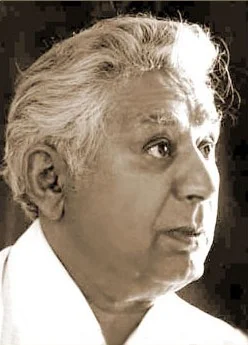
Bozorg Alavi was born in Tehran and would become one of Iran’s most important modern writers. His literary works explored themes of social justice and political change during Iran’s transformation in the 20th century.
Alavi’s novels and short stories captured the struggles of ordinary Iranians during periods of political upheaval and social modernization. His writing influenced Persian literature and provided insights into Iran’s complex cultural and political evolution.
1939 – Dale T. Mortensen, American Economist
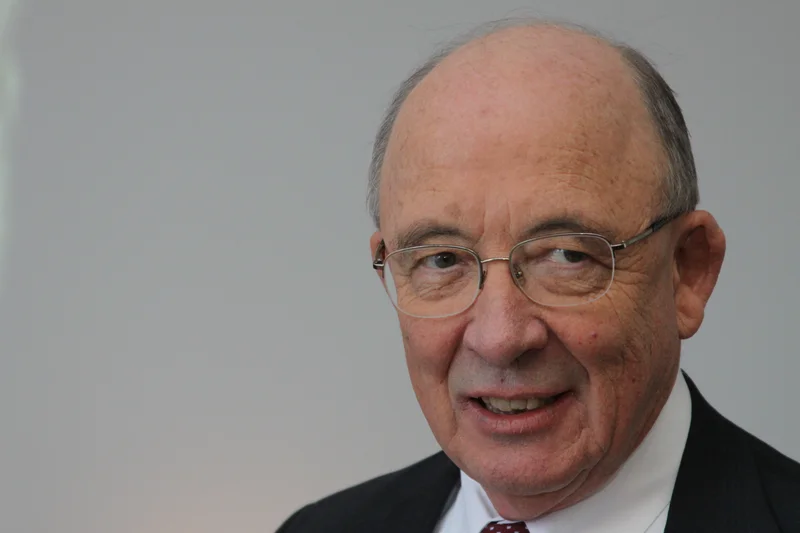
Dale T. Mortensen was born in Enterprise, Oregon, and developed interests in mathematics and economics during his academic career. His analytical approach to economic problems would later earn him international recognition.
Mortensen received the Nobel Prize in Economics for his groundbreaking work on labor market theory and unemployment dynamics. His research helped economists better understand how workers and employers find each other in complex modern economies.
1917 – Mary Ellis, British Ferry Pilot
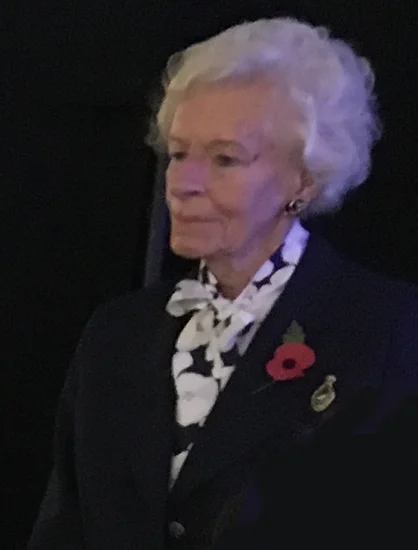
Mary Ellis was born in Leafield, Oxfordshire, and learned to fly during the interwar period when aviation was still developing. Her piloting skills made her valuable during World War II’s aircraft shortage.
Ellis became one of Britain’s pioneering female ferry pilots, delivering military aircraft from factories to operational bases. Her service demonstrated women’s capabilities in aviation and helped establish their roles in military and civilian flying.
Notable Deaths on February 2
1970 – Bertrand Russell, English Philosopher
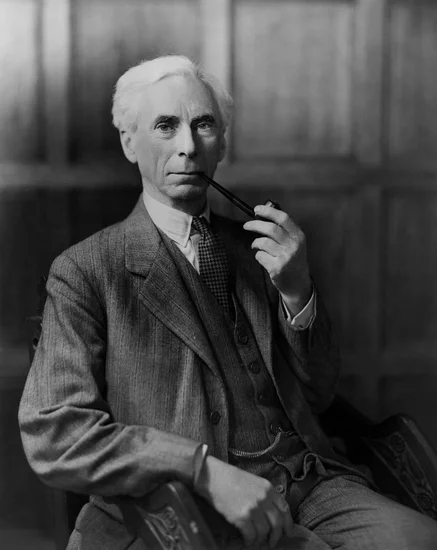
Bertrand Russell died at age 97 after a remarkable career spanning mathematics, philosophy, and social activism. His contributions to logical analysis and philosophical reasoning revolutionized academic thought and influenced generations of scholars.
Russell’s work in mathematical logic and his advocacy for peace and social justice made him one of the 20th century’s most influential intellectuals. His Nobel Prize in Literature recognized his contributions to humanitarian ideals and freedom of thought.
1907 – Dmitri Mendeleev, Russian Chemist
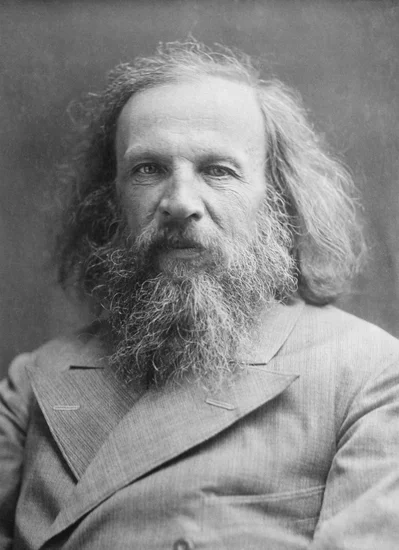
Dmitri Mendeleev died in St. Petersburg after revolutionizing chemistry through his development of the periodic table. His systematic organization of chemical elements provided the foundation for modern chemistry and physics.
Mendeleev’s periodic law predicted the existence of undiscovered elements and their properties with remarkable accuracy. His scientific legacy continues to influence chemistry education and research more than a century after his death.
1996 – Gene Kelly, American Dancer and Actor
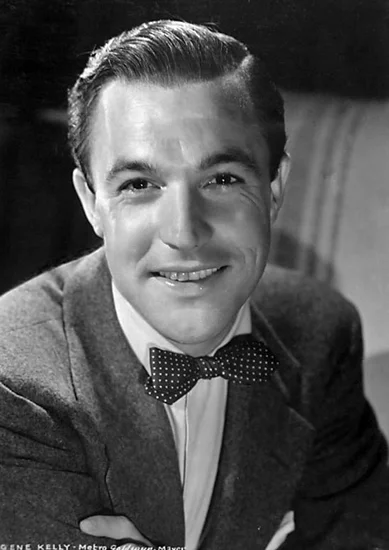
Gene Kelly died at age 83 after transforming American musical cinema through his innovative choreography and performances. His athletic dancing style and cinematic vision elevated film musicals to new artistic heights.
Kelly’s work in classics like “Singin’ in the Rain” and “An American in Paris” established him as one of Hollywood’s greatest entertainers. His integration of dance with storytelling influenced musical theater and film for decades.
1979 – Sid Vicious, English Musician

Sid Vicious died at age 21 from a heroin overdose while awaiting trial for his girlfriend’s murder. His brief but intense career with the Sex Pistols epitomized punk rock’s rebellious spirit and self-destructive tendencies.
Vicious became an icon of punk culture despite his limited musical abilities and troubled personal life. His death symbolized the punk movement’s dark side and the tragic consequences of celebrity and addiction.
1932 – Agha Petros, Assyrian General

Agha Petros died after leading Assyrian forces during World War I and its aftermath. His military leadership helped protect Assyrian communities during the Ottoman Empire’s collapse and subsequent regional conflicts.
Petros’s efforts to establish Assyrian autonomy and protect his people from persecution made him a legendary figure in Assyrian history. His death marked the end of organized Assyrian resistance and the beginning of widespread diaspora.
2014 – Philip Seymour Hoffman, American Actor

Philip Seymour Hoffman died at age 46 from a drug overdose, shocking the entertainment world and his many fans. His versatile performances in both independent and mainstream films had established him as one of his generation’s finest actors.
Hoffman’s portrayals of complex characters in films like “Capote” and “The Master” demonstrated his exceptional range and emotional depth. His untimely death highlighted ongoing struggles with addiction in the entertainment industry.
Holidays and Observances on February 2
Groundhog Day
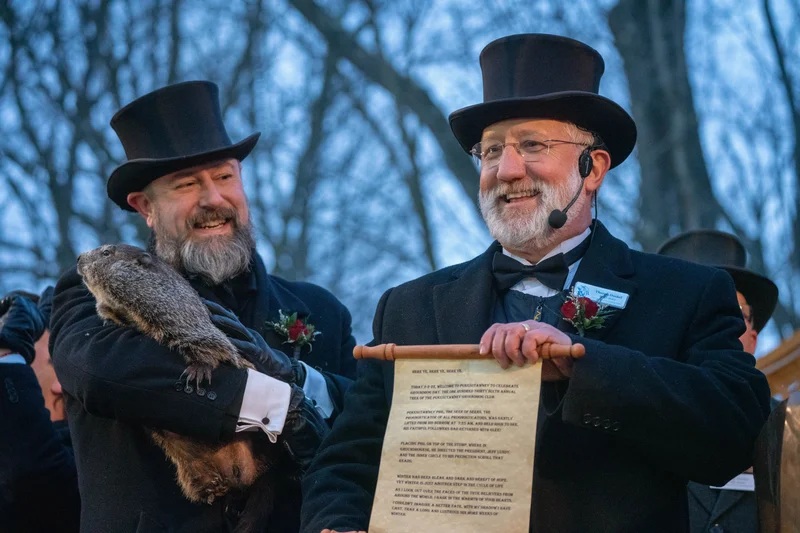
Americans celebrate Groundhog Day, a folk tradition where a groundhog’s behavior supposedly predicts winter’s duration. The custom combines European weather folklore with American regional traditions, creating a unique cultural celebration.
Punxsutawney Phil, the most famous groundhog, draws thousands of visitors to Pennsylvania for this annual ritual. The celebration has become a tourist attraction and cultural phenomenon, inspiring movies and media coverage worldwide.
World Wetlands Day
The international community observes World Wetlands Day to raise awareness about wetland conservation and sustainable use. This environmental observance commemorates the signing of the Ramsar Convention and promotes global wetland protection efforts.
Educational programs and conservation activities mark the day as environmentalists highlight wetlands’ crucial role in biodiversity and climate regulation. The observance encourages international cooperation in preserving these vital ecosystems for future generations.
Candlemas

Western Christianity celebrates Candlemas, the Feast of the Presentation of Jesus at the Temple, with special church services and candle blessings. This ancient tradition marks the midpoint between winter solstice and spring equinox.
The celebration combines religious observance with seasonal customs, as communities prepare for spring’s arrival through blessing ceremonies. Many cultures incorporate traditional foods and customs that reflect the day’s spiritual and seasonal significance.
Constitution Day in Philippines
The Philippines commemorates Constitution Day, celebrating the adoption of their current constitution following the People Power Revolution. This national observance recognizes the restoration of democratic governance and constitutional rights.
Educational programs and civic ceremonies mark the day as Filipinos reflect on their democratic achievements and constitutional protections. The observance reinforces national unity and commitment to democratic principles and human rights.
